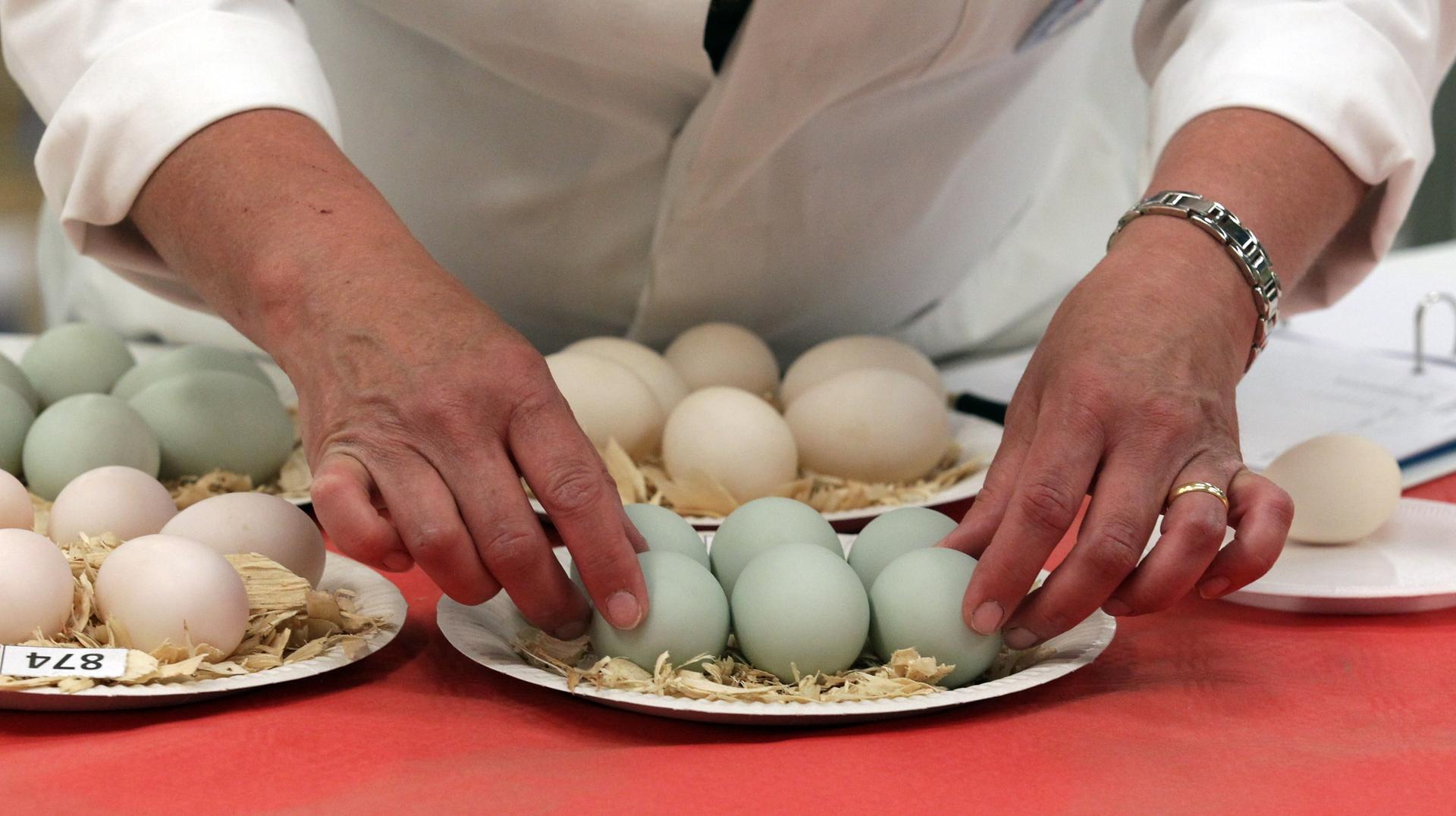Eggs found to be as dangerous for the heart as smoking, new study suggests
A new study shows that eggs are as dangerous for the arteries as smoking.
Eggs may be as bad for your arteries as smoking says a new Canadian study.
In a blow to hens, researchers at the Unversity of Western Ontario found that both smoking and egg consumption independently caused plaque in human arteries to exponentially increase.
The Atlantic reported that the study showed egg consumption had two thirds of the effect of smoking on artery health.
The study looked at over 1200 patients with an average age of 62.
The volunteers had the plaque in their arteries measured and then had their lifestyles surveyed.
Medical Daily said that those who smoked or ate at least three eggs per week were found to have exponentially higher plaque.
More from GlobalPost: Egg allergies reversed in kids using small doses
“The mantra ‘eggs can be part of a healthy diet for healthy people’ has confused the issue," said David Spence, a professor of Neurology at Western University, according to Medical Daily.
"It has been known for a long time that a high cholesterol intake increases the risk of cardiovascular events, and egg yolks have very high cholesterol content. In diabetics, an egg a day increases coronary risk by two to five-folds."
Previous studies have linked egg consumption with higher bad, LDL cholesterol but have also found that they boost good, HDL, cholesterol.
This new study adds to the bad news about protein-packed eggs, which the National Heart Blood and Lung Institute has already said should only be consumed about four times weekly – including in processed foods.
The story you just read is accessible and free to all because thousands of listeners and readers contribute to our nonprofit newsroom. We go deep to bring you the human-centered international reporting that you know you can trust. To do this work and to do it well, we rely on the support of our listeners. If you appreciated our coverage this year, if there was a story that made you pause or a song that moved you, would you consider making a gift to sustain our work through 2024 and beyond?
